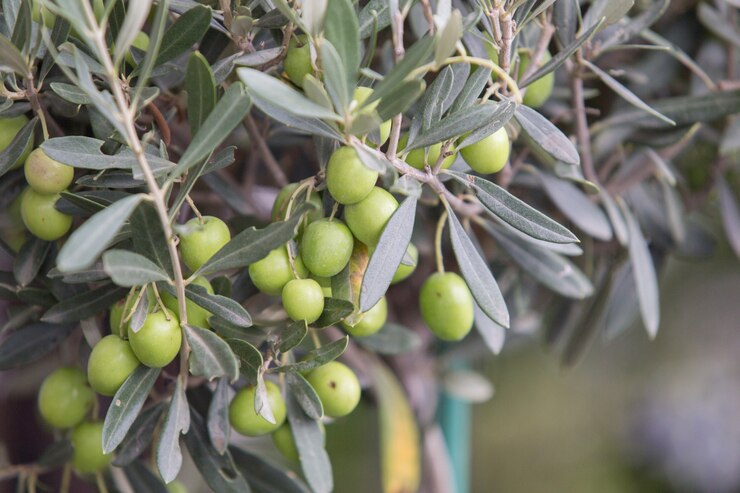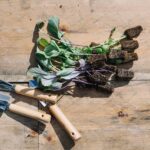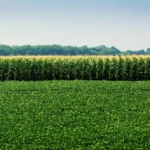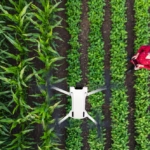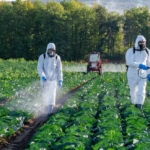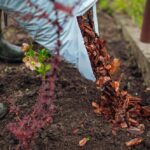The Northern Cape province of South Africa, with its arid and semi-arid climate, presents unique challenges and opportunities for agricultural production. While water scarcity and harsh environmental conditions pose obstacles, strategic crop selection and innovative farming techniques can unlock the region’s agricultural potential. In this article, we delve into the most suitable crops for cultivation in the Northern Cape, considering factors such as drought resistance, market demand, and adaptability to local conditions.
1. Grapes:
The Northern Cape boasts ideal conditions for grape cultivation, particularly in regions like the Orange River Valley and the Namakwa district. Grapes thrive in hot, dry climates with ample sunlight, making them well-suited to the province’s environment.
Wine grapes, table grapes, and raisin grapes are cultivated in the region, catering to both domestic and international markets. The export-oriented grape industry contributes significantly to the Northern Cape’s economy and provides valuable employment opportunities.
2. Olives:
Olive cultivation has gained momentum in the Northern Cape, thanks to its favorable climate and soil conditions. The region’s hot, sunny days and cool nights create an optimal environment for olive tree growth and fruit development.
Olive groves can be found in various parts of the province, producing high-quality olives for oil extraction, table consumption, and processing into value-added products. The Northern Cape’s olive industry holds promise for expansion and diversification in the agricultural sector.
3. Pecan Nuts:
Pecan nut cultivation has emerged as a viable agricultural venture in the Northern Cape, particularly in areas with access to reliable irrigation. Pecan trees are well-adapted to the region’s dry climate and can thrive in sandy soils with good drainage.
The Northern Cape’s pecan industry is characterized by large-scale commercial orchards producing high-quality nuts for domestic consumption and export markets. Pecan nuts are valued for their nutritional benefits and culinary versatility, driving demand in both local and international markets.
4. Lucerne (Alfalfa):
Lucerne, or alfalfa, is a drought-tolerant crop widely grown in the Northern Cape for hay production and livestock feed. Its deep root system and ability to withstand dry conditions make it an attractive option for farmers facing water scarcity challenges.
Lucerne cultivation supports livestock farming in the region by providing a nutritious and palatable forage source for cattle, sheep, and horses. The Northern Cape’s lucerne industry contributes to sustainable livestock production and fodder security in arid environments.
5. Sultana Grapes:
Sultana grapes, also known as Thompson Seedless grapes, are well-suited to the Northern Cape’s climate and are cultivated for raisin production. The region’s warm, dry weather during the ripening period promotes the development of high-quality raisins with desirable characteristics.
Sultana grapes are grown in vineyards across the Northern Cape, particularly in the Upington and Kakamas areas, where optimal growing conditions prevail. Raisin production plays a vital role in the province’s agricultural economy, providing income for farmers and employment opportunities for local communities.
While the Northern Cape’s arid climate presents challenges for agricultural production, strategic crop selection and innovative farming practices have unlocked opportunities for sustainable and profitable agriculture in the region. Grapes, olives, pecan nuts, lucerne, and sultana grapes are among the most suitable crops for cultivation in the Northern Cape, leveraging the province’s unique environmental conditions and contributing to its economic development. By harnessing the potential of these crops and embracing adaptive farming techniques, Northern Cape farmers can continue to thrive and make significant contributions to South Africa’s agricultural landscape.


